Why is Netanyahu invoking ‘Amalek’ rhetoric to justify genocide of Palestinians
By Ivan Kesic
On the evening of October 28, three weeks into the genocidal campaign in the besieged Gaza Strip, Israeli regime premier Benjamin Netanyahu brazenly justified the horror by calling the Palestinian resistance movement an iteration of the Amalek rhetoric.
He described the Hamas resistance group as an enemy of incomparable cruelty, quoting Deuteronomy 25:17: "You must remember what Amalek has done to you" and adding "We do remember."
Out of the 23,145 verses of the Old Testament, Netanyahu chose the ones that are among the most violent and have a long history of being used by Zionists to justify killing Palestinians.
The Book of Deuteronomy, the fifth book of the Jewish Torah and the fifth book of the Christian Old Testament states: "You will blot out the remembrance of Amalek from under heaven. You shall not forget."
The Hebrew text further calls for the killing of the entire nation of Amalek: "Now go and attack Amalek, and utterly destroy all that they have, and do not spare them. But kill man and woman, infant and nursing child, ox and sheep, camel and donkey."
In this verse from the first Book of Samuel 15:3, God commands King Saul to kill every person in Amalek, a rival nation to ancient Jews, and totally destroy all that belongs to them.
The Amalek rhetoric is one of the numerous ideologically inspired comments used by Israeli officials to justify the genocidal campaign in the besieged coastal strip of 2.2 million population, which has already claimed almost 10,000 lives, most of them children.
According to a poll conducted in October, half of Israeli Jews declared that the Tel Aviv regime should "not at all" consider the "suffering of the civilian Palestinian population in Gaza" in the next phase of fighting, and that casting the enemy as Amalek reinforces that attitude.
Although there is a consensus in mainstream Judaism among the Rabbis that Amalek no longer exists and cannot be a reference to justify attacking anyone, many Zionists before Netanyahu used this rhetoric against the Palestinians.
One example is Israel Hess, an Israeli Rabbi who in 1980 published an article for the student publication of Bar-Ilan University in which he equated the Palestinians with Amalek and explicitly called for their genocide.
Mordechai Eliyahu, a former chief Rabbi of Israel from 1983 to 1993, also drew parallels between the Palestinians and Amalek, giving authority to indoctrinate Zionist children in Israeli religious schools.
Baruch Goldstein, the notorious Zionist terrorist who killed 29 Palestinians during prayer in a mosque in Hebron in 1994, also saw Palestinians as Amalek and carried out an attack on Purim.
The animosity of the Hebrew texts towards Amalek comes from the legend that they mercilessly attacked the ancient Jews on their way to the “promised land” after which God told Moses to exterminate Amalek.
According to these legends, a few generations later King Saul carried out this order by killing all the Amalekite men, women and children, except their king who continues the line from which Haman was born many generations later.
The villain Haman went on to develop a plot to kill all the Jews living in exile under an Iranian ruler, which sends a clear message that Saul's failure to kill every Amalekite posed an existential threat to Jews.
Jews traditionally hear the story of the Amalek ambush and God's decree that they be eliminated on the Shabbat service before the holiday of Purim, which itself celebrates the failure of Haman's plan.
Although historians deny the historicity of these fables about Amalek, Haman and the alleged threat of annihilation of the Jews under Iranian rule, their influence on the contemporary policy of the Israeli regime is more than obvious.
Rabbi Yisrael Rosen, founder of the Office for Conversions to Judaism in the Chief Rabbinate of Israel, in 2012 stated that one of the former Iranian presidents was Amalek and Israel "must destroy him."
"If we are honest about identifying our enemy for what he is, we must act while ignoring the nations of the world. Our strength lies in the combination of our faith and our abilities on the battlefield," Rabbi Rosen said.
In 2017, during a visit to Russian Moscow, Netanyahu presented a book about Haman to Russian President Vladimir Putin, claiming that Iran harbors an all-time plan to destroy the Jews.
In response, Putin replied that these are outdated myths and that we live in a different world today, suggesting to the Israeli leadership to stick to reality.
However, the reality we are witnessing these days is that myths about genocide are indeed the basis for carrying out a real genocide.
Ivan Kesic is an independent journalist and researcher.
(The views expressed in this article do not necessarily reflect those of Press TV)
Scores killed as Takfiri terrorists target Shia Muslims in Pakistan
Pezeshkian to US, Europeans: You are killing women, children
VIDEO | COP29: another climate failure?
ICC issues arrest warrants for Netanyahu, Gallant for war crimes
Israeli strikes kill 88 Palestinians in northern Gaza
American voters plainly rejected complicity in Gaza genocide: Iran FM spox
ICC should issue more arrest warrants for Israeli authorities over Gaza genocide: UN expert
Israel using AI weapons co-produced by India in Gaza genocide: Report


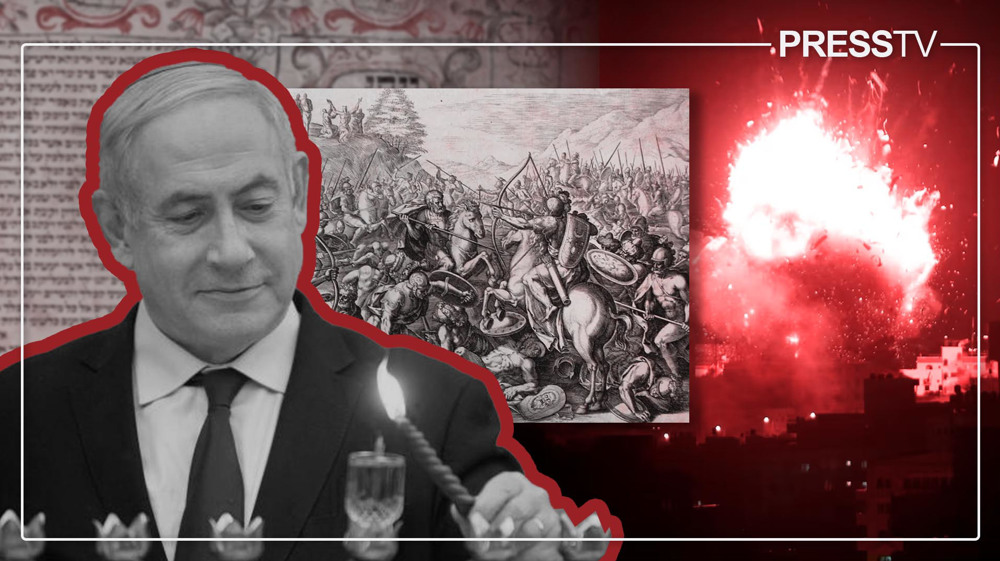
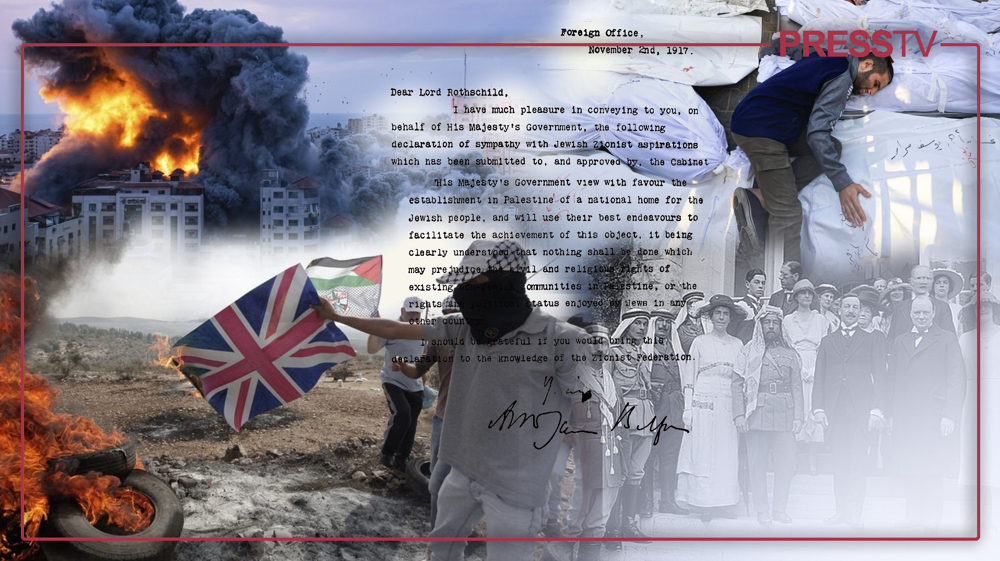
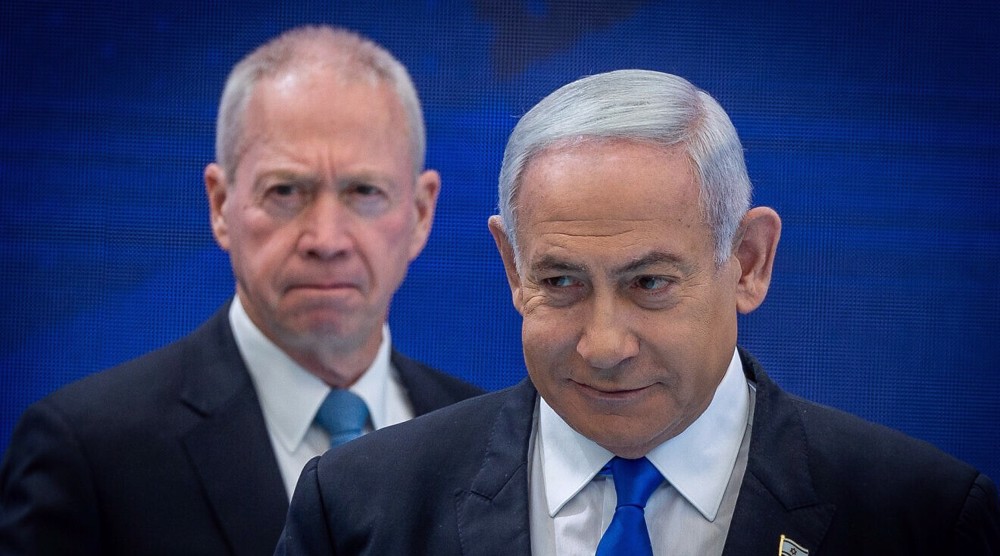





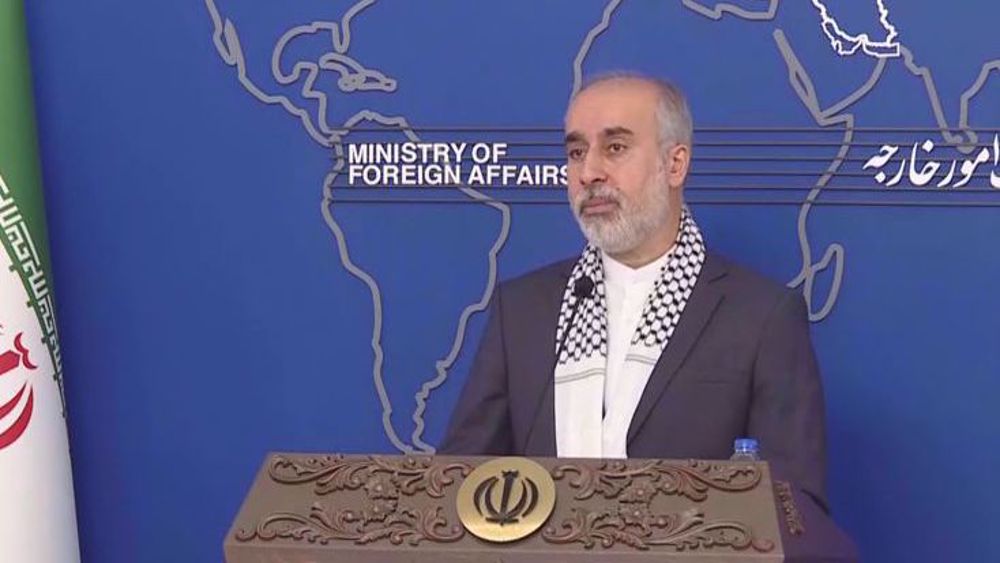
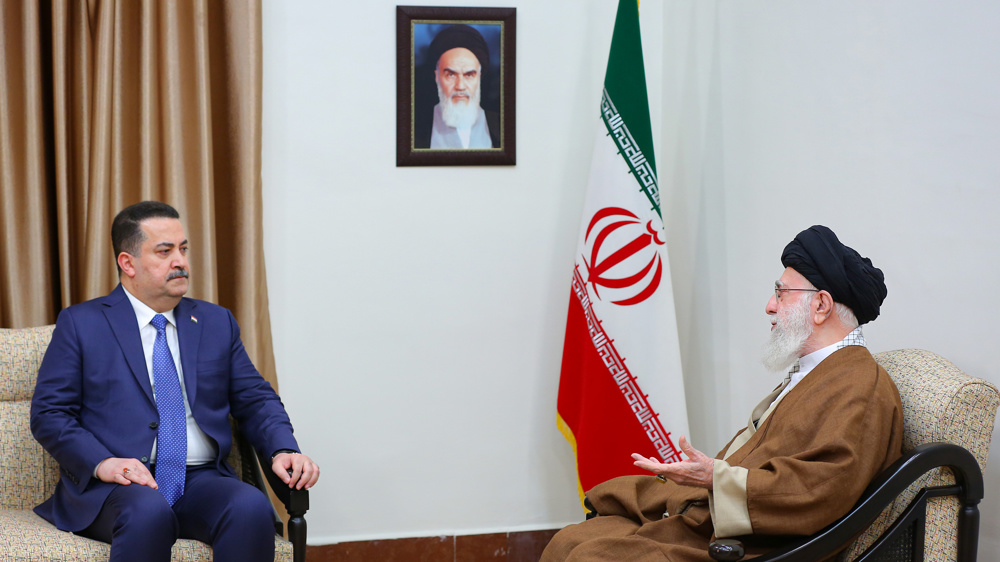
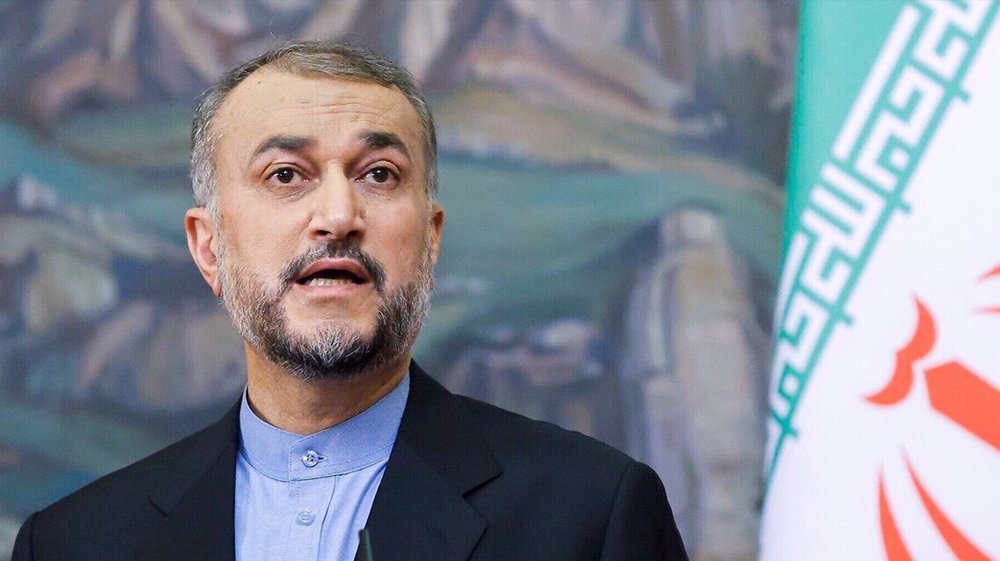



 This makes it easy to access the Press TV website
This makes it easy to access the Press TV website